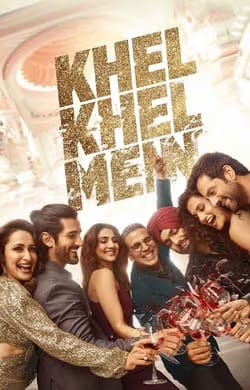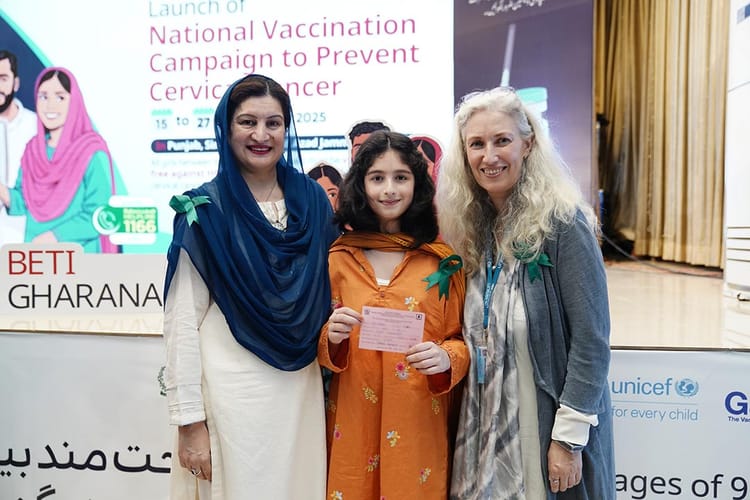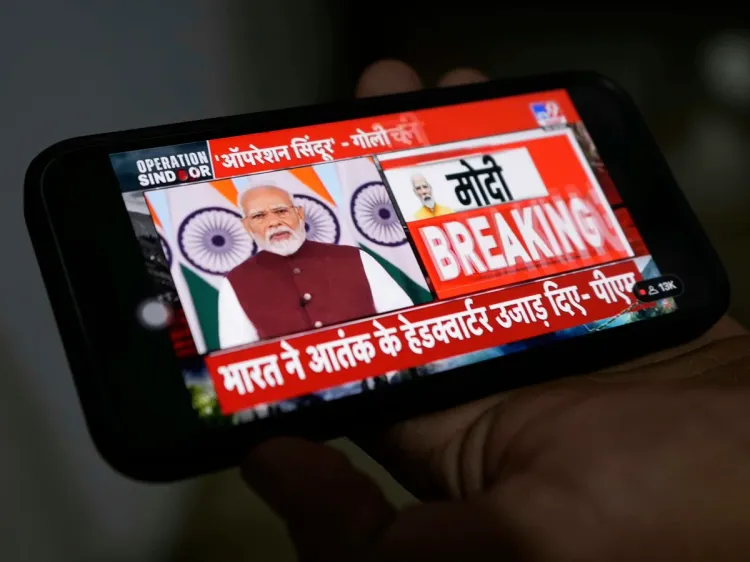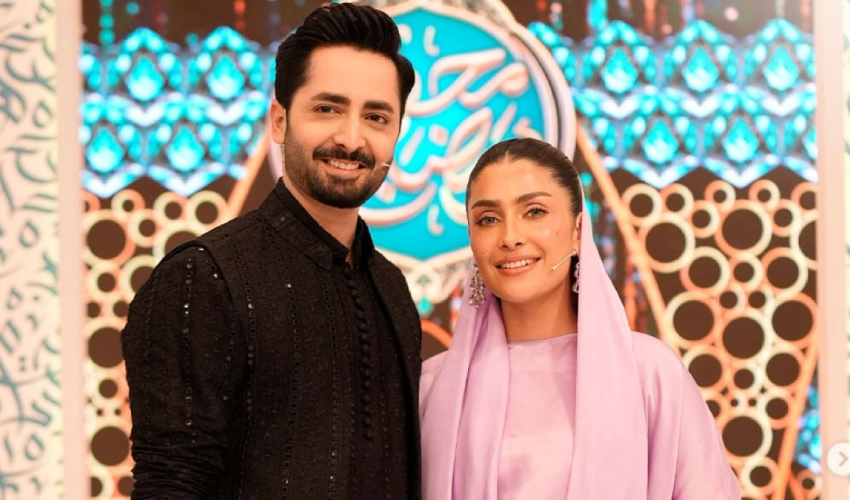The Hypocrisy of Modern Media

Why we seem to be justifying problematic media representation all over again
When Akshay Kumar’s new film Khel Khel Mein released on Netflix, it immediately topped Pakistan’s trending list despite not having done too well at the Indian box office. Whether it’s the fact that Indian movies are now banned in Pakistan, Akshay Kumar’s popularity or something intriguing about seeing people’s secrets unfold - Khel Khel Mein immediately grabbed the audience's attention. But as the movie unfolds, the seemingly positive message that ends with a heartfelt speech about the beauty of marriage and partnership gets blurred in the middle.
The film claims to have a good message but the way it goes about it raises the question - have we really challenged age old problematic beliefs or is our media simply repackaging misogyny into a more palatable form.
At multiple points in the movie, the male characters justify cheating and the concept of a “bro code” that entails covering up your friends’ infidelity. Flirting and promiscuous texts are covered up with quick sorrys and brushed under the rug - and our main character is shown to be charming enough for everyone to just ignore the fact that he seems to be a serial cheater and a liar. Instead he is glorified when he makes his speech about marriage being a partnership and even goes so far as to tell his wife that he wouldn’t mind her cheating on him.
On our side of the border, latest trends see tv drama Kabhi Mein Kabhi Tum taking audiences by storm and Fahad Mustafa’s portrayal of a very unambitious man and very un-hero like male lead is definitely interesting. But once again, Hania Aamir’s Sharjeena is your perfect desi girl . Compromising to the point where she marries the man who was meant to be her brother in law because she doesn’t want her parents to go through the social pressure of having a daughter whose engagement broke off right before her wedding.
Surely all our awareness and fight for better representation and better stories has to have made somewhat of a difference right? As it appears, that may not be the case at all. For all the modern day talk about change, fighting misogyny and breaking expectations - we may just be repacking the same old dangerous tropes to make it easier for us to swallow.
It’s the same old story across the world. Take the “girl dinner” trend for example. Since when did eating something become gendered? Or “girl math?” Because suddenly we convinced women to just go full circle and once again take part in jokes and trends that demean their abilities and have fun in showing themselves to be inferior.
In many ways it seems like social media and its echo chambers have us stuck in a loop. Because we only see and engage with information we wish to see, we’ve stopped thinking critically and in doing so we’ve stopped constructively engaging with the media we consume - leading to a revival of these repackaged storylines and stereotypes once again.
For others, the lack of fighting against these portrayals comes from a level of exhaustion. Many advocates for media representation or those working for justice in other fields face burnout or just say they’ve had enough, and that they need time away from the fight. That too is linked to the constant media we are consuming and the fact that our brains are always on, always looking for the next thing to talk about or analyze.
And maybe some of it’s just smart moves on part of those creating and producing this media. Where they put in just enough to make it palatable to a liberal audience, but also add enough humor and glamour to distract away from everything else they’ve put in. When we sit down to watch a movie or a tv show, or even scroll on social media - do we really think about how our brains are perceiving the content we are consuming? For many of us, subconsciously, it is very likely that seeing enough people follow a trend will let us like it or justify it even if it’s not necessary right. Which is why it’s so important that we don’t underestimate the power media has to shape not just our mindsets but the actions that stem from those mindsets and become the base of what shape society and it’s values.
But the question remains, if we’re on our phones or Netflix to unwind after a long day, is it our responsibility to fight for better? After all, some people may be thinking that they’ve done enough and that one feel good movie isn’t ruining the world. And they’re not wrong. Maybe It is okay to relax and enjoy light hearted content without always being ready to fight. But light hearted doesn’t have to mean problematic and it’s high time we separate the two.






Member discussion